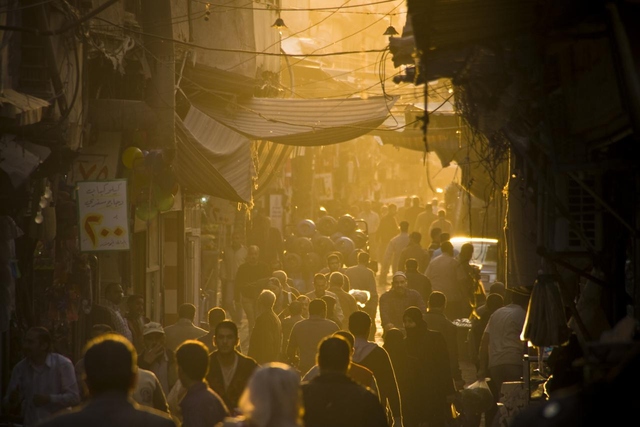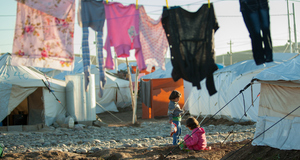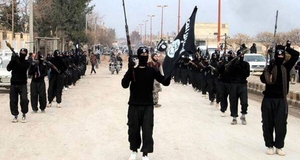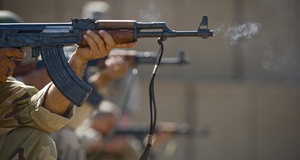Student VoicesNeither Can Live While the Other Survives: How the Representation of the Syrian Conflict Neglects the Citizen
By
2015, Vol. 7 No. 10 | pg. 1/1
KEYWORDS:
Headlines are littered with the rhetoric of the powerful. The most present modern crises can ostensibly be reduced to deconstructed, decontextualized and digestible echoes of our world leaders. The Syrian case is not disqualified from this reductionist tendency, and readers worldwide pay the cost. What may the average citizen deduce from the ISIL/ISIS/IS/Daesh situation at present? Russia has a military force on the rise in Syria that looms most directly over the United States’ peace of mind. What could Putin’s motives be? Simply Google ‘Syria’ and you will find ample news articles to whet a plethora of possibilities, ranging from defensive to downright sinister.And what source are these news outlets using to spin and cultivate popular opinion? The opinions of officials from the two nations themselves. The power of heads of state and government officials is indisputable. The many faults of overreliance on the ‘demi-Gods’ of modern world politics could be listed and detailed with great delight, yet an ignorance of ‘real-world’ psychology would be remiss in the context. The major hazard to highlight, and add to the jumble of opinions already distributed, is this: a blind acceptance of a narrative provided by the two leading competitors for the prize of… (peace?) in Syria leads one down a dangerous path that bolsters a bellicose Waltzian ‘balance of power’ attitude and neglects the voice of the people. Regardless of your preference for theory, or which side of the line you stand on, we cannot let our conception of modern conflict be dictated solely by those great powers who are detached from the context of the conflict. Regardless of your preference for theory, or which side of the line/fence/spectrum you stand on, we cannot let our conception of modern conflict be dictated solely by those great powers who are detached from the context of the conflict. I see at least two reasons for this. Firstly, motives and incentives will always be present. Given the multifaceted nature of humanity, there is a constant potential for them to be conflicting. Our preference for categorizing complex circumstances into an ever disputing ‘two-party preferred’ (TPP) system (if you will) in all areas of life is palpable: politics, sports, superheroes and their nemeses. We are finely attuned to pick and choose, to ‘join a side’, and feel comforted in the sureness of our sense of place in this new understanding. The problem with this subconscious status quo is that we are less likely to inquire as to how those two sides came to be where they are, and why they are the most appropriate proponents for the cause they allegedly fight for. Secondly, in the Syrian case, the Russian/United States dichotomy is simply not reflective of the greater complexity of power imbalances within the country and region more widely. Within Syria, the multitude of citizen-run forms of governance established in response to the failure of state institutions flies directly in the face of these two ‘great’ powers’ external attempts. With Russia standing firm on their support of the Assad regime, and the United States likewise defending their entrenched stronghold on fighting terrorism wherever it lies, I question where there is room for consideration of the citizen. The existing power of local councils (for instance, Zabadani 2011) and Sharia Courts (with leaders range from local armed factions to ISIS Jihadist groups) cannot be ignored. And it is continuously being so. This shallow consideration of the context plagues the headlines and propagates a facile belief in domineering great powers as the ‘be all and end all’ saviors of world conflict. What to do? Read beyond the archaic dichotomous representation of international conflict, daring to create your own mind on the matter. And if you are to pick a side, know why. Recommended Reading
Suggested Reading from Inquiries Journal
Inquiries Journal provides undergraduate and graduate students around the world a platform for the wide dissemination of academic work over a range of core disciplines. Representing the work of students from hundreds of institutions around the globe, Inquiries Journal's large database of academic articles is completely free. Learn more | Blog | Submit Latest in Political Science |
















